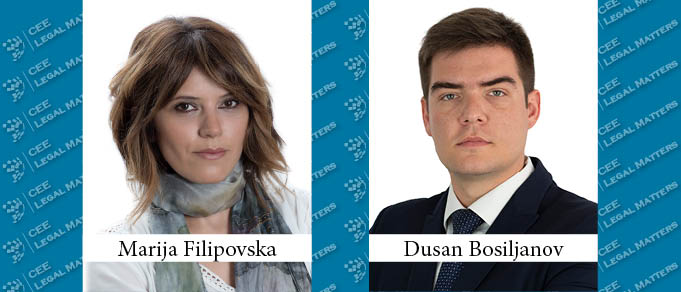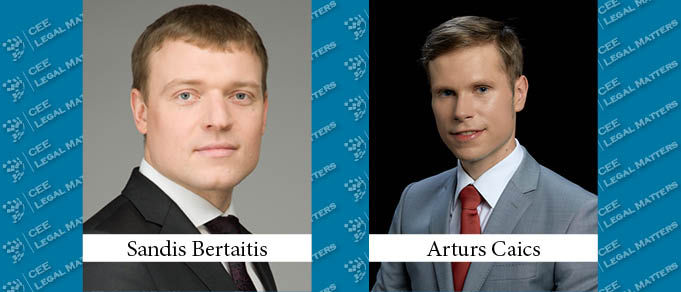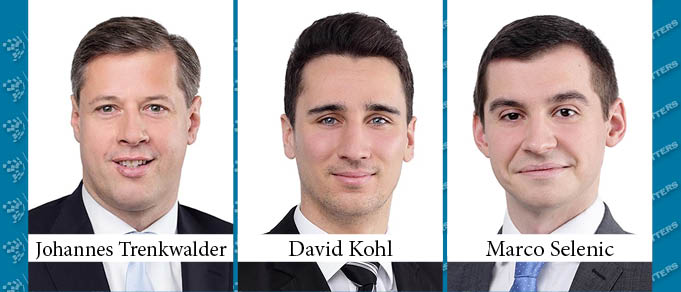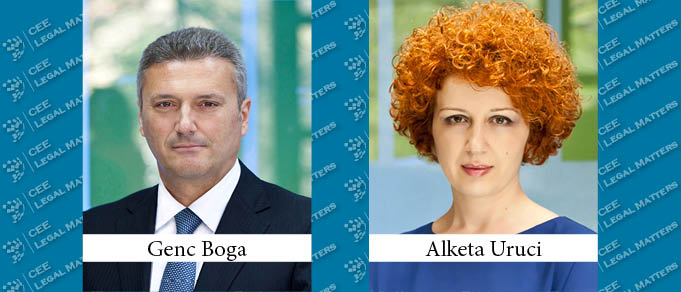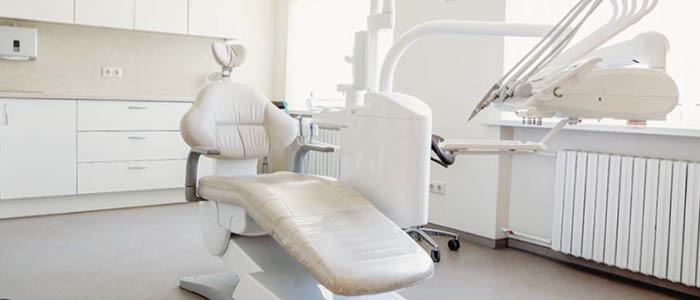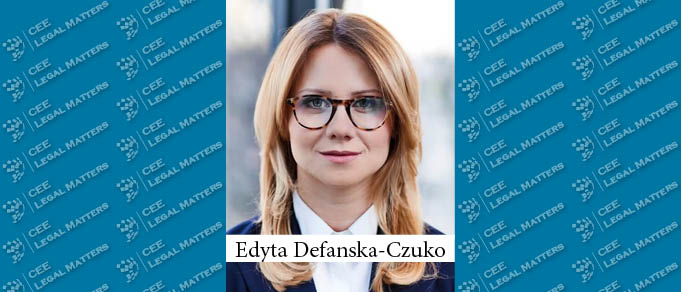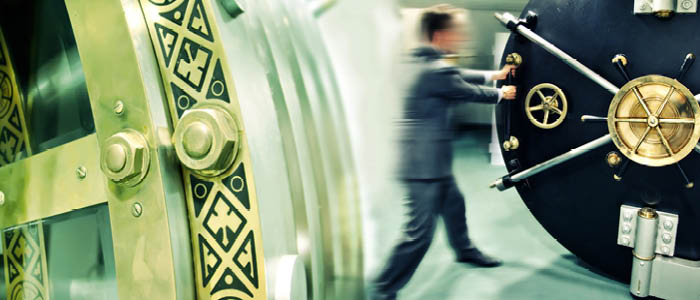The adoption of the new Law on Energy of North Macedonia in 2018 established the foundations for stability, competitiveness, and economic functionality of the energy sector. In addition, the Energy Law declared the promotion of renewable energy sources and encouraging energy efficiency a priority. This, in a short time, has contributed to increased investment in the field of renewables.
Green Energy Development in Lithuania – Challenges and Opportunities in the Context of COVID-19
The ongoing COVID-19 pandemic and various related restrictive measures have created an extraordinary human, business, and legal situation in Lithuania. The Energy sector (like all others) has become subject to various restrictions and challenges, including restrictions on the movement of workers, partner liquidity issues, reduced demand for energy resources, etc. As everywhere else in Europe, Lithuanian electricity market participants have faced a significant decrease in wholesale electricity market prices. Moreover, it is already clear that COVID-19 has negatively affected the international supply chain, as the energy market participants experience disruptions and delays in the performance of contracts and project delivery. In these extraordinary circumstances, industry players (including operating power plant operators, project developers, and so on) have a reasonable expectation that the government will take the effect of the ongoing international crisis into account if developers do not bid in time in auctions or miss their project deployment deadlines.
Legitimate Expectations of Energy Producers in Latvia Disregarded
The mandatory procurement of electricity (a “feed-in tariff,” or FIT) is one of the main schemes implemented in Latvia to support the production of renewable energy. FIT is a guaranteed right to sell a certain annual amount of electricity to the public entity for a fixed period of time at a price that exceeds the market price. The advantageous system is made available to combined heat and power (CHP) plants of high efficiency and producers using renewable energy. FIT is an important component of each renewable energy project, as renewable energy production without these rights is uncompetitive.
Overview of Montenegro’s Energy Sector
Montenegro is continuing to develop its energy sector by creating appropriate legislative, regulatory, institutional, and financial frameworks to encourage greater investment from the private sector. As part of this process, Montenegro is moving towards harmonizing its energy legislation with that of the European Union, the Energy Community, the World Energy Council, and the International Energy Agency, recognizing energy as a pillar of the country’s overall, sustainable, and long-term stable development, with evident positive macro-economic effects.
Expected Changes of Foreign Investment Control in Austria
The COVID-19 pandemic has revealed the vulnerability of supply chains worldwide, creating an increased awareness of the need to protect critical domestic infrastructure. On April 3, 2020, the Austrian Parliament adopted a motion encouraging the Minister for Digital and Economic Affairs to put forward (“as soon as possible”) a government bill designed to protect companies in key industries from takeovers by third country entities. Eight weeks later the resulting bill was presented to the public.
Albania: Towards Renewable Energy
In 2015, Albania harmonized its legislation with EU Directive 2009/72/EC through law no. 43/2015 “On Electrical Energy Sector” (the “Energy Law”).
Slovenia: A Path Towards Efficient Energy Consumption
Efficient energy consumption, reducing CO2 emissions, and energy from renewable sources have been in the spotlight of the European Union for a while now. Although the Republic of Slovenia has not attained the goals envisaged by the EU by 2020 – i.e., a 20% share of energy produced from renewable sources (i.e., 20% increase in energy efficiency and 20% reduction in CO2 emissions) – it remains above the EU average in that regard. Renewable energy sources amount to less than 3% of the overall energy produced in Slovenia, with the rest acquired through nuclear power (40%), fossil fuels (33%), and hydro energy (25%), allowing for substantial growth of the former in the future.

